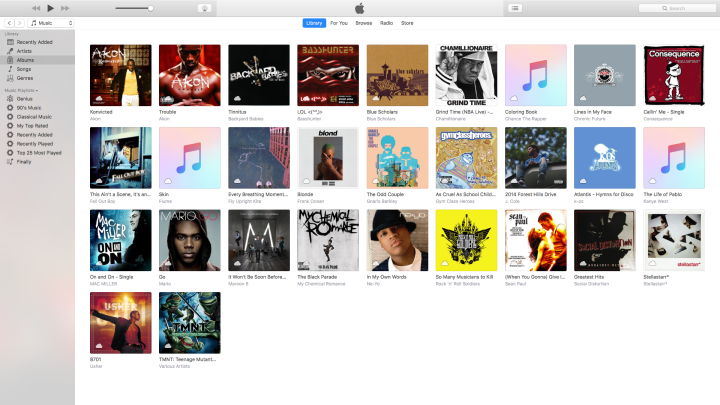
The decision comes a full two years after Smartflash was first declared the victor in the legal dispute by a Texas federal jury. In the most recent decision, a three-judge appeals panel unanimously determined that the patents Smartflash does have are too “abstract” and fail to describe any real invention closely enough to benefit the company.
The case has dragged on for nearly four years in total, as Smartflash first sued Apple in May 2013. Founded in 2000 by Patrick Racz, Smartflash does indeed have a number of patents around data storage, but the company never produced any products. Nevertheless, the company has filed numerous lawsuits against a wide range of tech giants, including not only Apple, but Samsung, Google, and Amazon as well.
Its case against Samsung is still pending.
Apple and Samsung are now colluding in a challenge regarding the validity of Smartflash’s patents, Reuters reports, and are asking the United States Patent and Trademark Office to take a closer look at some of Smartflash’s more “abstract” filings.
The moral of the story: Even if you have a good idea, simply claiming it first clearly isn’t enough when you’re up against a superpower in the court of law.


